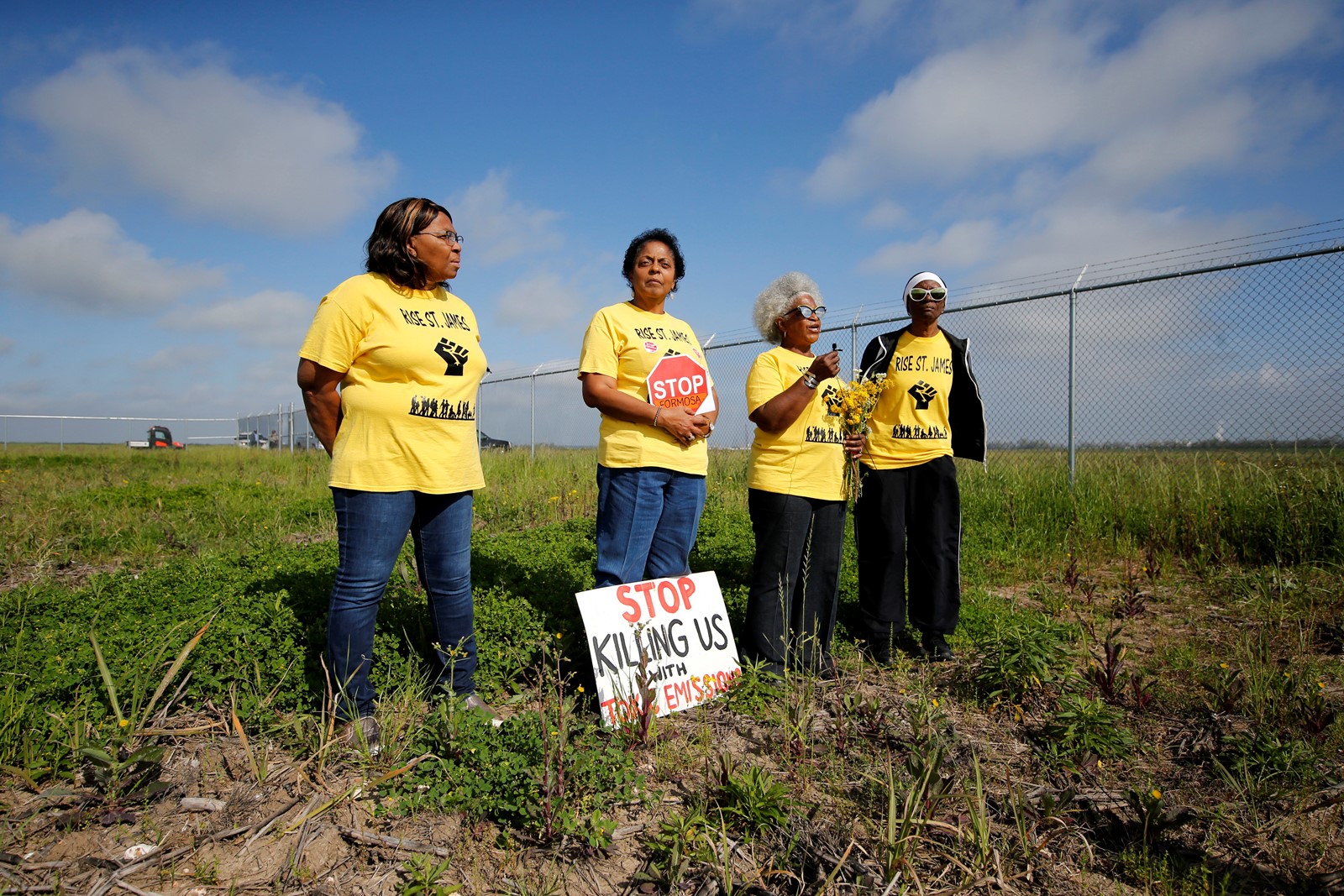
For four years, the Environmental Protection Agency made environmental justice one of its biggest priorities, working to improve health conditions in heavily-polluted communities often made up largely of Black, Latino and low-income Americans. Now that short-lived era is over.
President Donald Trump eliminated a team of White House advisors whose job it was to ensure the federal government helped communities located near heavy industry, ports and roadways. Trump eliminated the “Justice40” initiative the Biden administration had created. It required 40% of the benefits from certain environmental programs go to hard-hit communities.
When the government reviews new facilities now, experts say officials are likely to ignore how any pollution they create may exacerbate what communities already experience. Trump’s actions likely will halt funds from Biden administration’s signature climate law, the Inflation Reduction Act, for climate programs and environmental justice.
In making the decision last week, Trump eliminated federal policy dating back to the Clinton era, which had established a government priority of addressing environmental health problems for low-income and minority groups. He also withdrew the nation from the Paris Agreement aimed at combating climate change.
The new administration’s moves combine two goals: Clawing back what Trump officials say are onerous environmental policies that constrain development and fighting diversity, equity and inclusion, according to Joe Luppino-Esposito, federal policy chief with the free-market law firm Pacific Legal Foundation.
“We’ve had this discussion at the Supreme Court and otherwise for many years, past discrimination is not an excuse for future discrimination,” he said, adding that Trump’s executive orders allow the law to be enforced “without a specific racial tinge to it.”
Many experts say Biden accomplished more than any previous administration in this area.
An EPA-funded study found, for example, that Black people at all income levels are more likely to breathe pollution that causes heart and lung problems. Under Biden, regulators wrote public health rules, tighter air pollution standards and proposed mandates for harmful lead pipes. The EPA issued the largest fine under the federal Clean Air Act and said it slashed more than 225 million pounds of pollution in overburdened communities. Federal grants went to communities to clean up Superfund sites or buy low-emissions school buses. The EPA set up an office to facilitate its substantial environmental justice work.
“What I’m grappling right now with is both the grief of these losses and the fact that we were on an upward swing, if you will, just weeks ago,” said Jade Begay, an Indigenous rights and climate organizer in New Mexico.
For years, government support for grassroots environmental justice efforts rose and fell depending who occupied the White House. Local groups found ways to get their work done regardless. The Biden administration spent time, attention and resources on the issue, making it higher profile — and a bigger target, according to Christophe Courchesne, a law professor and interim director of the Environmental Law Center at the Vermont Law and Graduate School.
The Trump administration is not only ditching long-standing policies, it is directing agencies to eliminate jobs dedicated to environmental justice and diversity, equity and inclusion issues, according to a recent memo.
Trump’s decision to cut off support will hurt, but many of these local organizations will return to operating without federal support, said Peggy Shepard, co-founder and executive director of WE ACT for Environmental Justice in New York.


 PREVIOUS ARTICLE
PREVIOUS ARTICLE
